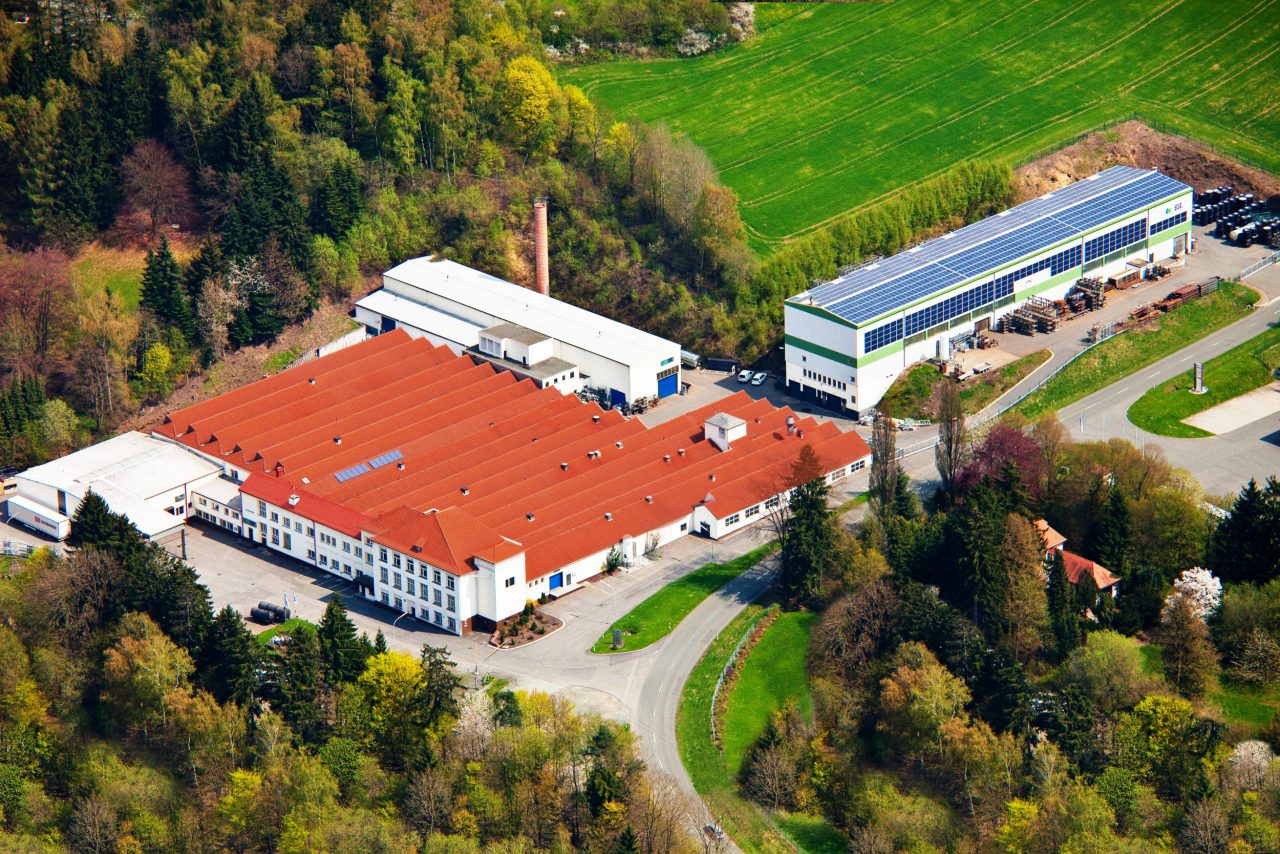
©2024 FAN SEPARATOR GmbH
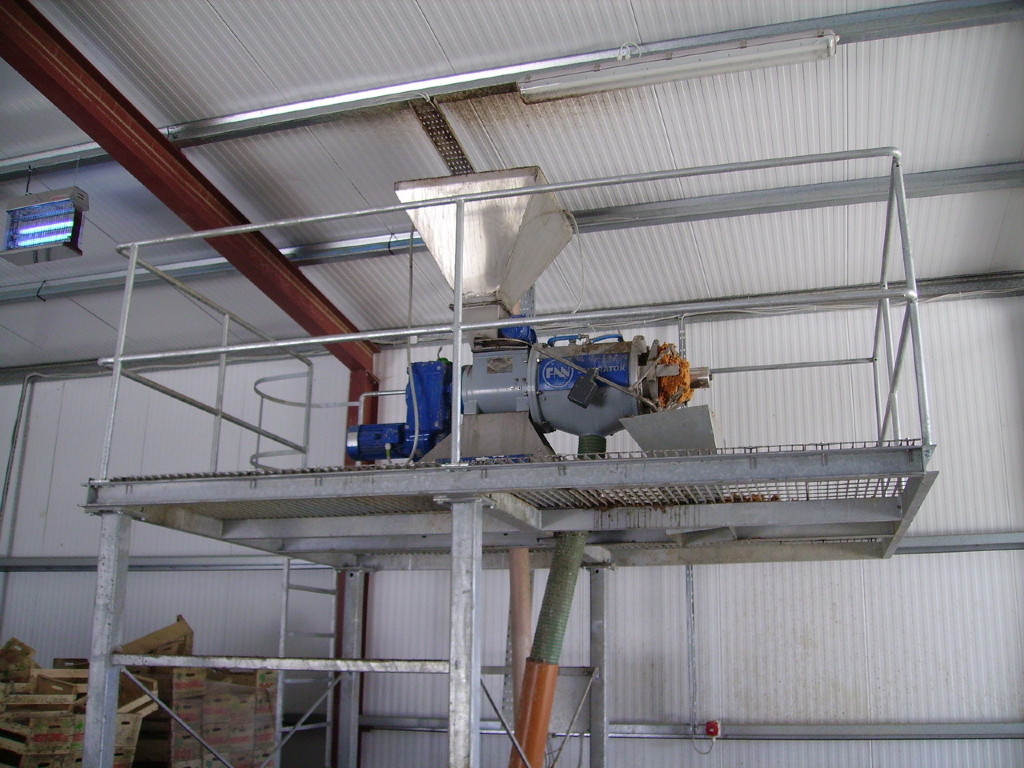
FAN Separators are known for their mature technology, high-quality processing and reliable performance, making them ideally suited for diverse applications in the food processing industry. The applications range from pressing waste water out of fruit and vegetable waste, such as potato peels, to the separation of food remains on cruise ships or dewatering of grain stillage in distilleries or spent grain in breweries. The advantages are undisputed: Separating media into their solid and liquid phases significantly reduces the volume of waste (by up to 30%), simplifies disposal and enables the reuse of the separated substances. This can save time as well as reduce high investment and disposal costs.
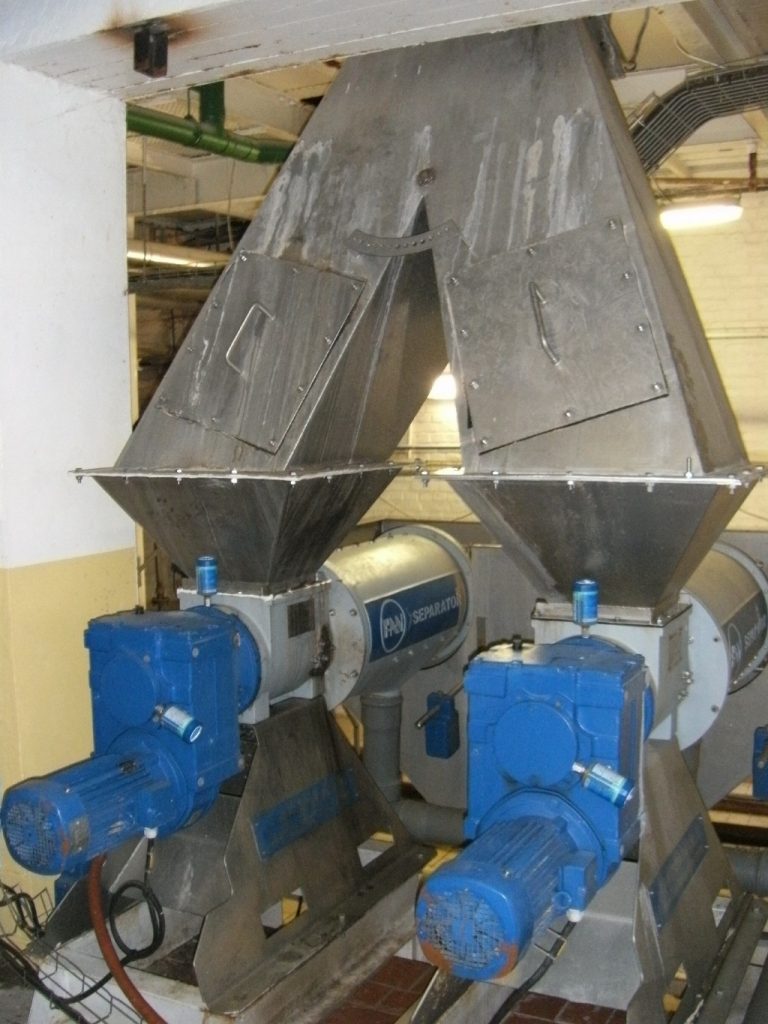
The food industry also has interesting opportunities for resource conservation by separating substrates into solid and liquid phases. For example, volumes can be reduced and energy costs in connection with drying the solids can be saved. This makes disposal considerably less expensive. If the solid phase is not disposed of, it can be spread in fields as fertiliser or used as animal feed. The liquid phase is frequently reintroduced to the production process as washing water. Two examples out of the many possibilities can be found here:
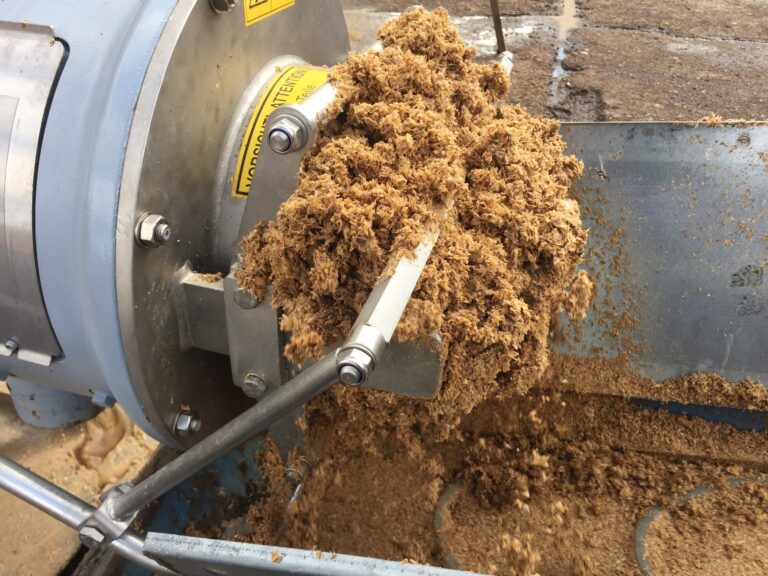
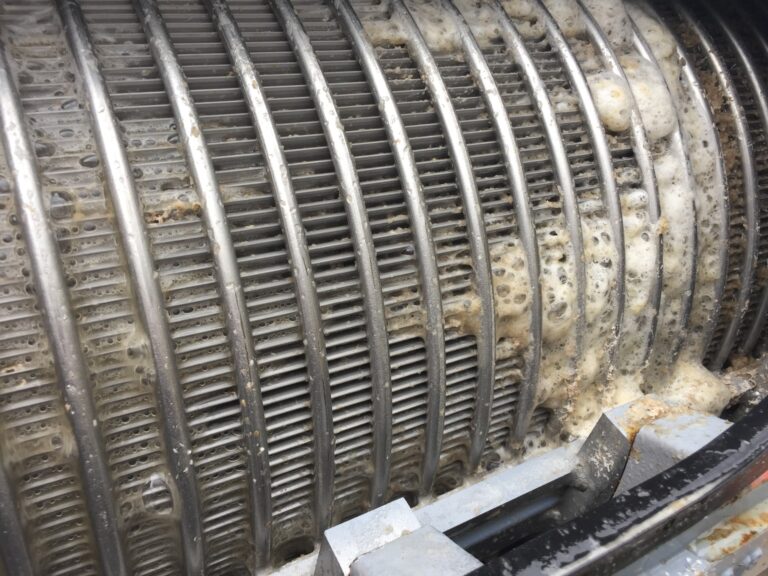
Spent grains are a waste product of brewing and can be effectively reused after separating into solid and liquid phases. A PSS from FAN is ideal for this application. The goal is a solid with maximum dry matter (DM) content, which can then be reused as animal feed, for example. If these wastes are fed into a furnace without separation, i.e. with a DM of about 20 percent, lots of energy is consumed by the drying process. A DM content of 26 percent can be achieved with a FAN separator. This six percent difference will yield a far greater reduction in costs! The leftover water can be harmlessly directed into the sewer system.
Industrial potato processing produces significant amounts of peels. FAN separators can provide valuable services in this case: Coming from corundum peelers, knife peelers or choppers, the peels with the adhering remains of soil and dirt are fed into the separator. The separated solid can be returned to the field as fertilizer, for example. The press water can be used again as washing water after passing through a vacuum belt filter to remove further fines from the water. In this application, we recommend a rinsing device to minimize wear and tear caused by the potato starch.
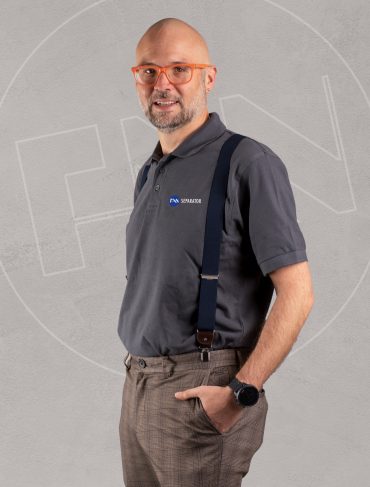
Call us:
+499227938400
E-Mail us:
info@fan-separator.de
https://www.facebook.com/fanseparator